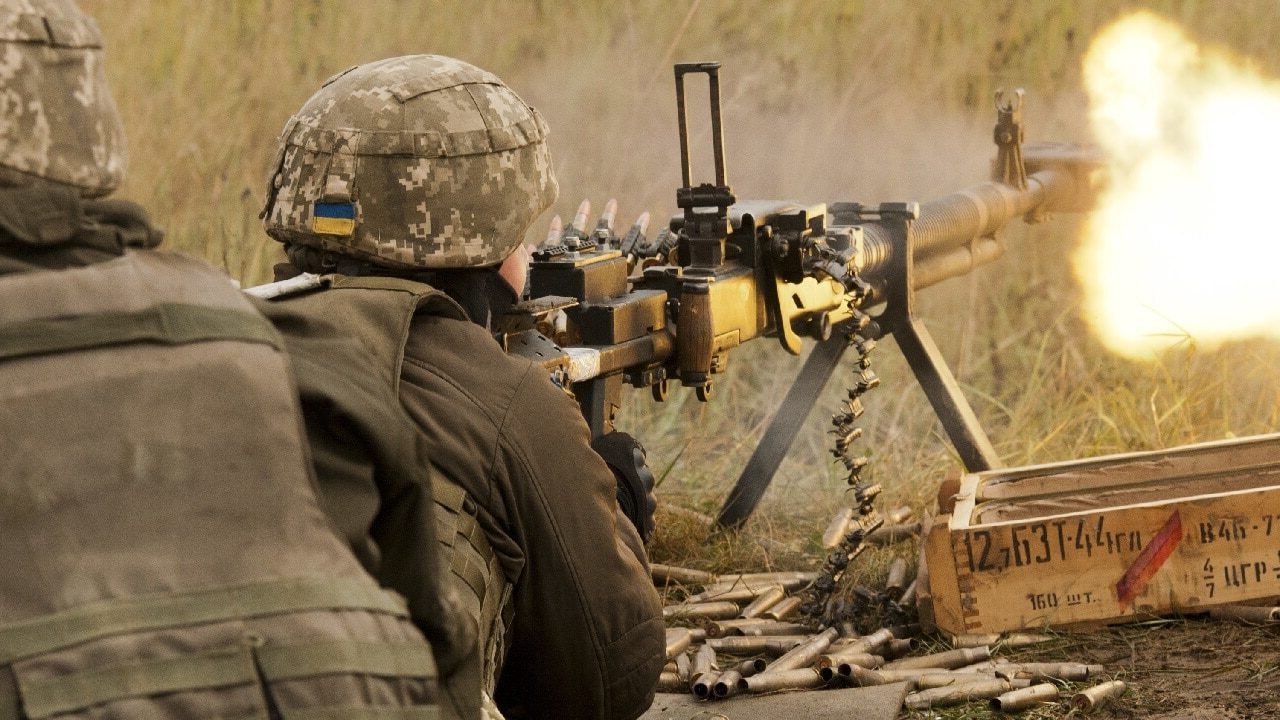In February 2014, Russia invaded Ukraine in theory to “liberate” Russian-speaking portions of that country. On April 7, 2014, Russia-backed separatists declared the Donetsk People’s Republic and a neighboring Luhansk People’s Republic. While the Kremlin recognized their independence just days before Russia’s most recent invasion of Ukraine, much of the international community continues to view the republics as Kremlin proxies and recognizes their territory legally as Ukrainian.
As the White House and Western officials focus almost exclusively on Ukraine, skirmishing has resumed over Artsakh, the unrecognized ethnic Armenian republic in Nagorno-Karabakh. In September 2020, Azerbaijan and Turkey launched a surprise attack on the Armenian enclave while the race for the White House. The guns fell silent 17 months ago as both Azerbaijan and Armenia accepted a Russian ceasefire.
Over the past week, however, Azerbaijan has taken advantage of the withdrawal of some Russian peacekeepers by attacking villages across the line-of-control with both infantry and drones, killing both soldiers and civilians.
The Azerbaijani government and its supporters argue that Azerbaijan has every right to use military force to retake territory the international community recognizes as belong to Azerbaijan. Energy expert Brenda Shaffer, for example, tweeted, “The USA should apply its support of the principle of territorial integrity to #Azerbaijan. If Ukrainians will succeed to force Russia out of its territory, Washington will celebrate. Isn’t it the same if Azerbaijan pushes Russia’s proxy Armenia out of its territory?” “Calling on #Azerbaijan to withdraw from Karabakh is like calling on Ukraine to withdraw from Mariupol,” she explained. Writing in the Boston Herald, former Michigan Republican chair Saul Anuzis, penned an essay arguing that, by seeking humanitarian assistance for Artsakh, Congressional Republicans were “lobbying for a pro-Russian separatist republic.”
Such analogies and rhetoric are inaccurate and overwrought. First, both Armenia and Artsakh are democracies. While the Armenian communist party—an entity that did not win any seats in parliament—has sponsored pro-Russian rallies, Yerevan has hosted more frequent and larger pro-Ukrainian rallies.
The history and demography of Nagorno-Karabakh versus Donetsk and Luhansk also make the analogies frivolous. Nagorno-Karabakh was a center of the democracy movement before the Soviet Union broke up. In the late 1980s and 1990s, Washington supported that democracy so that the Azerbaijanis would not ethnically cleanse Armenians from Nagorno-Karabakh as they had in Nakhchivan. At the time, the threat of Azerbaijani slaughter of local Armenians was grave and growing. This was why the United States supported—and continues to support—a peaceful, negotiated process through the Organization for Security and Co-operation in Europe (OSCE) Minsk Group.
To bless Azerbaijani military aggression ignores that its own negotiators had agreed to a land-for-peace formula with the insertion of neutral Scandinavian peacekeeping forces before it launched its surprise attack. Indeed, here Shaffer has it backwards: It would be hypocritical for the United States and the West to oppose Russia’s war of conquest in Ukraine and then implicitly to support Turkey and Azerbaijan seeking to overrun Armenian areas within Nagorno-Karabakh.
Finally, to suggest Armenia or Artsakh are Russian proxies flies in the face of simple math. Both Turkey and Azerbaijan do far greater trade with Russia than Armenia and Artsakh. Pipelines matter. Indeed, the basis for most of Armenia’s trade with Russia is the fact that Azerbaijan and Turkey continue to blockade its goods, leaving little other recourse.
Demography in the South Caucasus is complex. Recent history—and Joseph Stalin’s gerrymandering of borders—has not helped. There is an irony that many who acknowledge the need for defensible borders and the potential for genocide in the Middle East refuse to apply the same standards and principles to the Caucasus. To suggest a simple formula is naïve and to say that efforts to prevent genocide in Nagorno-Karabakh are pro-Russian is Orwellian. Artsakh is not Donetsk or Luhansk. If anything, Azerbaijan’s actions and intentions suggest it is much more like Kosovo.
Now a 1945 Contributing Editor, Dr. Michael Rubin is a Senior Fellow at the American Enterprise Institute (AEI). Dr. Rubin is the author, co-author, and co-editor of several books exploring diplomacy, Iranian history, Arab culture, Kurdish studies, and Shi’ite politics, including “Seven Pillars: What Really Causes Instability in the Middle East?” (AEI Press, 2019); “Kurdistan Rising” (AEI Press, 2016); “Dancing with the Devil: The Perils of Engaging Rogue Regimes” (Encounter Books, 2014); and “Eternal Iran: Continuity and Chaos” (Palgrave, 2005).

